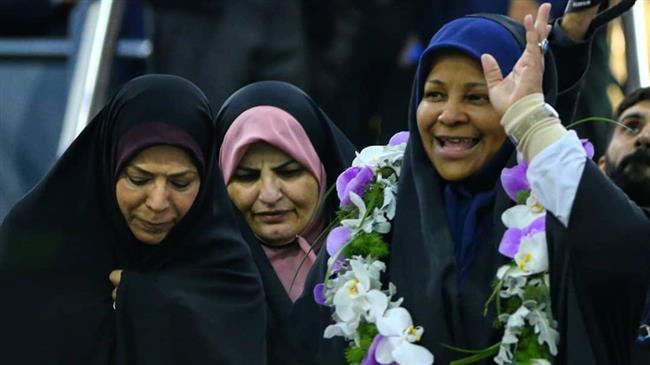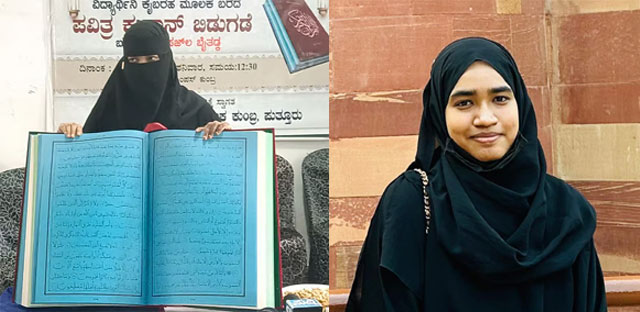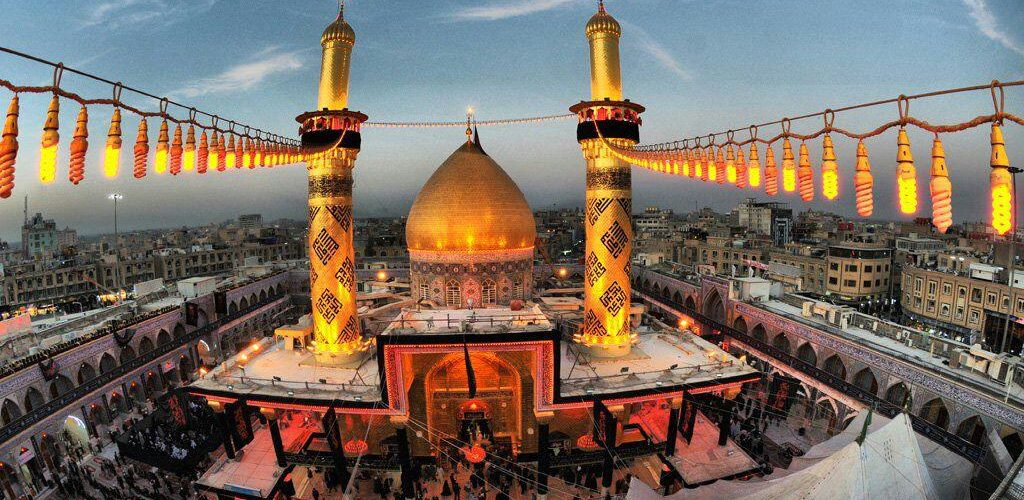In honor of the birth of Hazrat Zainab (PBUH), a symbol of patience and sacrifice, and Nurse’s Day, we sit down with Samira Akbari, a dedicated young nurse and master’s graduate in Internal-Surgical Nursing from Shahid Beheshti University of Medical Sciences. Since officially beginning her career in 2019, her passion for nursing has been rooted in childhood experiences. In this heartfelt conversation, she shares her motivations, challenges faced by women in the profession, memorable moments, and the true meaning of “being on the front lines of humanity.”
A Journey Rooted in Compassion
Samira Akbari introduces herself as follows:
“I am Samira Akbari, a master’s graduate in Internal-Surgical Nursing from Shahid Beheshti University of Medical Sciences. I officially entered the nursing field in 2019, but my journey began earlier with student work experiences. If we include my internship, I’ve been a nurse for about six years.”
When asked about her choice to pursue nursing, she responds with deep emotion:
“Since childhood, I was drawn to intuitive tasks—dissection, experiments, discoveries. I remember being excited about dissecting kidneys and hearts during biology class in high school.”
She recalls a specific childhood experience:
“I was once hospitalized, and the nurses were so dear to me that I drew pictures for them. From that moment, I told myself I wish to become like them one day. Later, I realized that what I was seeking could only be found in nursing—a human and intimate relationship with patients.”
A Successful Nurse: The Advocate for Her Patient
Samira believes that a successful nurse is one who can be an advocate for her patient. She outlines three essential qualities:
- Adequate knowledge
- Courage to defend the patient’s rights
- Ability to build trust with the patient
She emphasizes that patience is key:
“Patience is the secret to a nurse’s endurance.”
The Greatest Challenge: Balancing Work and Family
Samira discusses the challenges faced by female nurses:
“We have long shifts—sometimes 14 or even 24 hours. This means a mother whose child doesn’t see her at night or a woman who can’t plan for her family life.”
She notes that many of her colleagues have said that if working hours were shorter, they would have become mothers earlier or had more children.
She also points out that the implementation of the “medical alignment” law, passed in 1999, has not been fully realized, despite efforts to enforce it.
Contrary to Some Beliefs, Healthcare Environments Are Ethical
Samira expresses concern over misconceptions about healthcare environments:
“Sometimes I’m upset by the perception that healthcare environments are unhealthy. I’ve only worked in public hospitals and have always found them to be safe and ethical. Of course, no place is flawless, but our nurses are committed and sincere. Ultimately, it’s up to the individual to maintain boundaries and respect.”
Patients’ Prayers Are Miraculous
Reflecting on the emotional aspects of nursing, Samira shares:
“Our work is filled with sorrow and emotional pressure, but the moment you see a patient leaving the hospital with a smile, all your fatigue disappears. The prayers that come from these people are miraculous. I’ve seen their effect in my own life.”
She recalls the challenging days of the COVID-19 pandemic:
“The COVID era was one of the toughest times of my life, but the words of the Revolution’s leader about nurses gave me strength. When he said nurses fight with people’s despair, I felt that my job was not just work; it was worship, it was a struggle.”
The Hardest Part: Witnessing Human Suffering
Samira identifies the most challenging aspect of nursing:
“The hardest part of nursing is facing suffering, death, and pain every day. You must always stay strong, even when you’re tired. A nurse is constantly supporting others but is less supported herself… perhaps the hardest thing is not being seen.”
Nursing: Serving God
With a touch of humor, Samira shares:
“I joke with people: I swear, air doesn’t enter your body through the IV drip!”
But she adds seriously:
“Nursing is one of those jobs where you hope you don’t have clients because that means people are healthy and not in pain. I always tell my colleagues: know that your only accountability is to God. No system or organization can give you the true reward for your work. If you understand this, continuing becomes easier.”
Nursing: Putting Yourself Aside to Save Another
When asked to define nursing, Samira reflects:
“An image always comes to my mind from the COVID era: a patient whose family members were not by his side due to fear of the disease, but nurses went fearlessly to resuscitate him. No one thought of themselves; only of keeping a human alive. For me, nursing means putting yourself aside to save another.”
For Samira Akbari, nursing is not just a job; it’s a way of life—a life lived on the border between pain and hope, between knowledge and love.
She has learned over the years that “being patient” is not a weakness but the strongest form of being human.
We sincerely thank Ms. Samira Akbari for taking the time to share her insights with Jahanbanou.
Interview by Mahta Sanei













